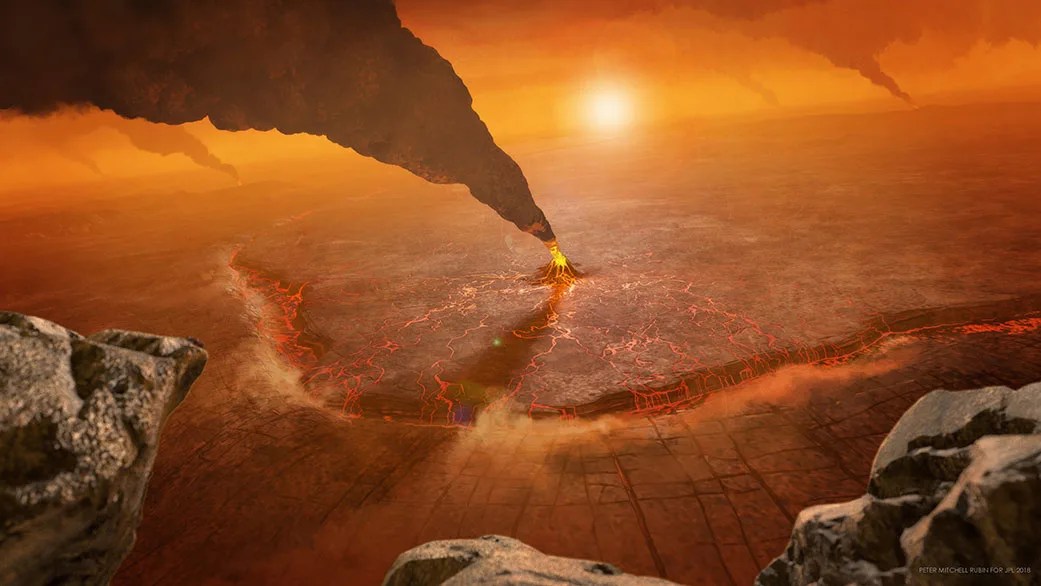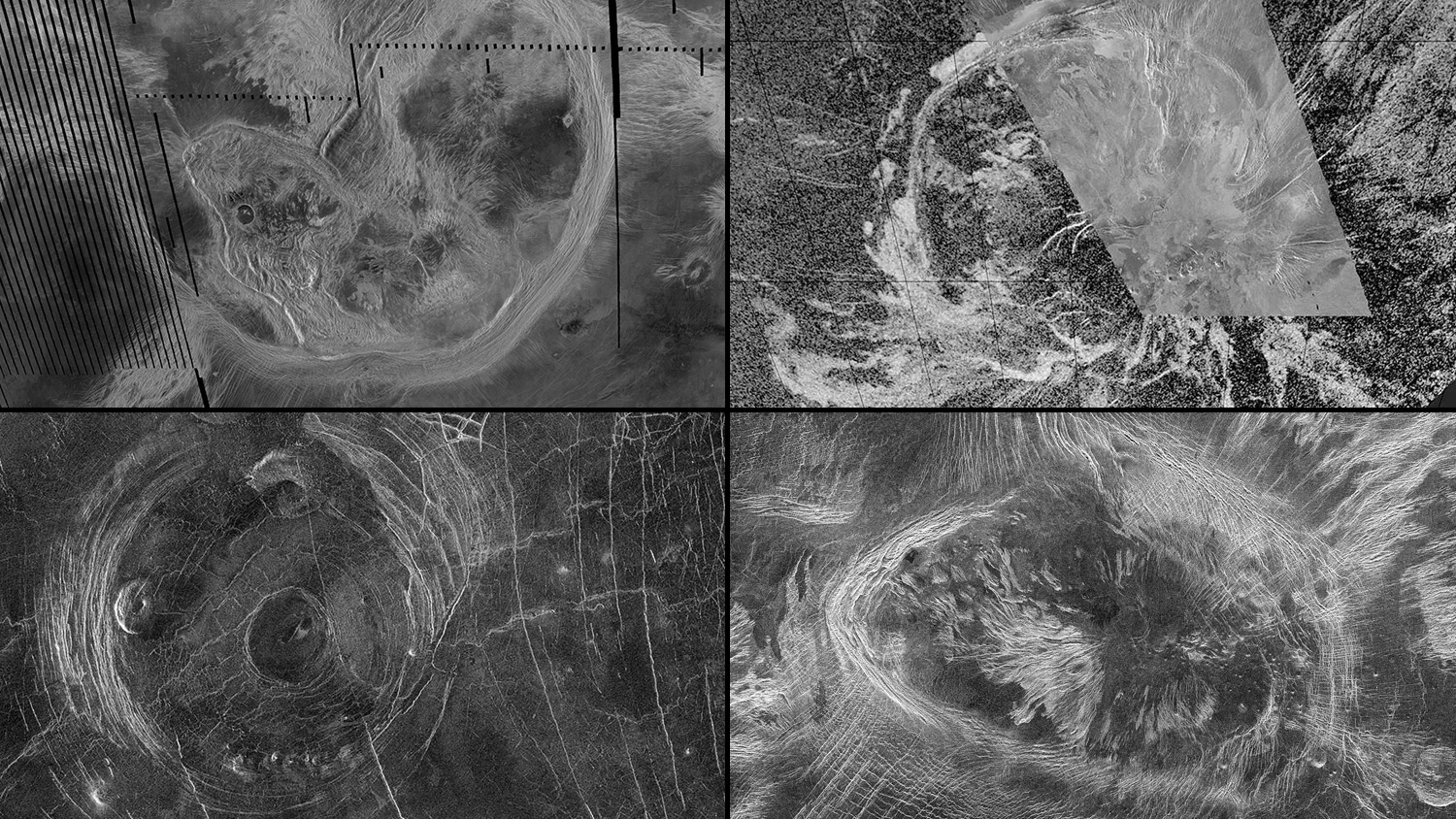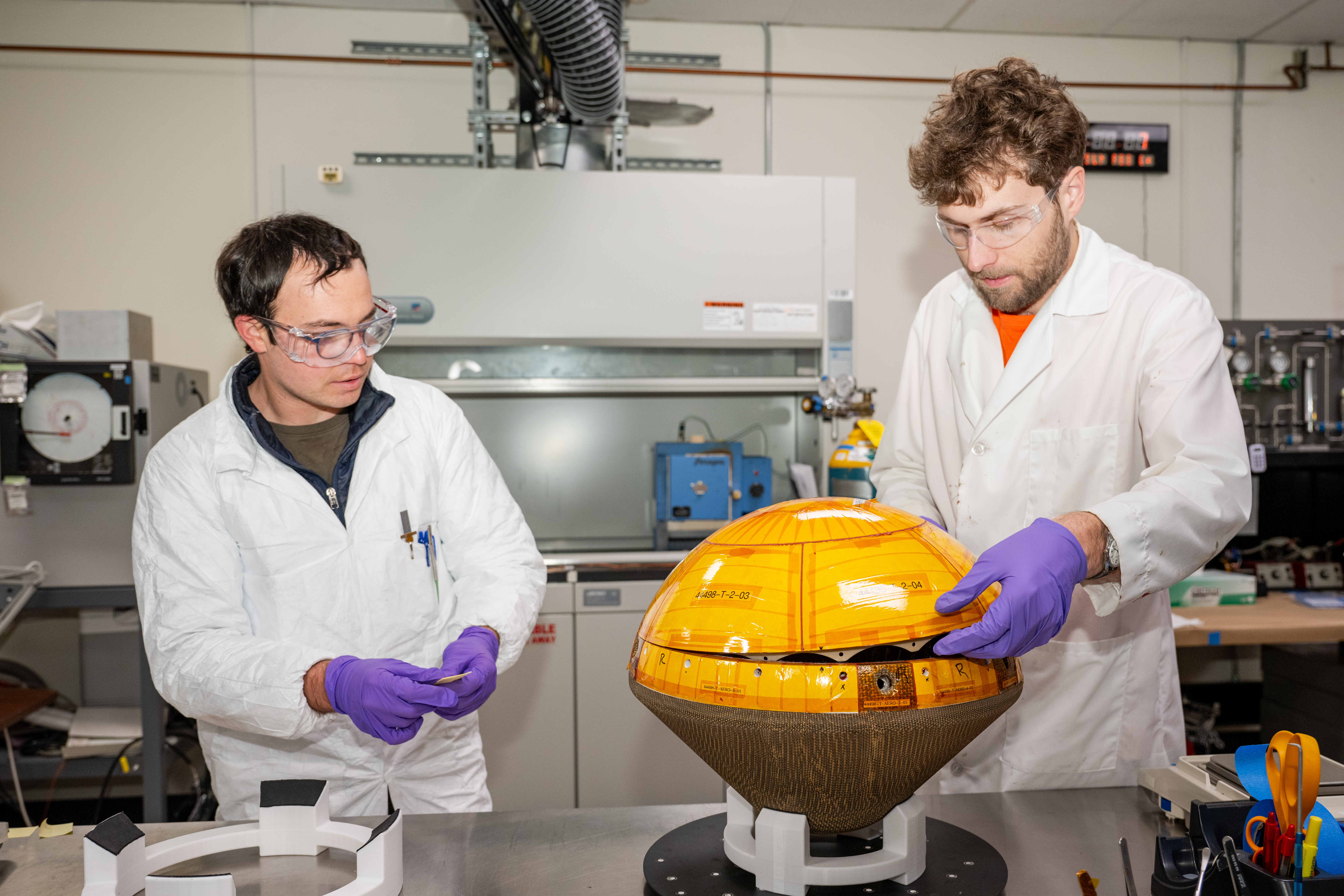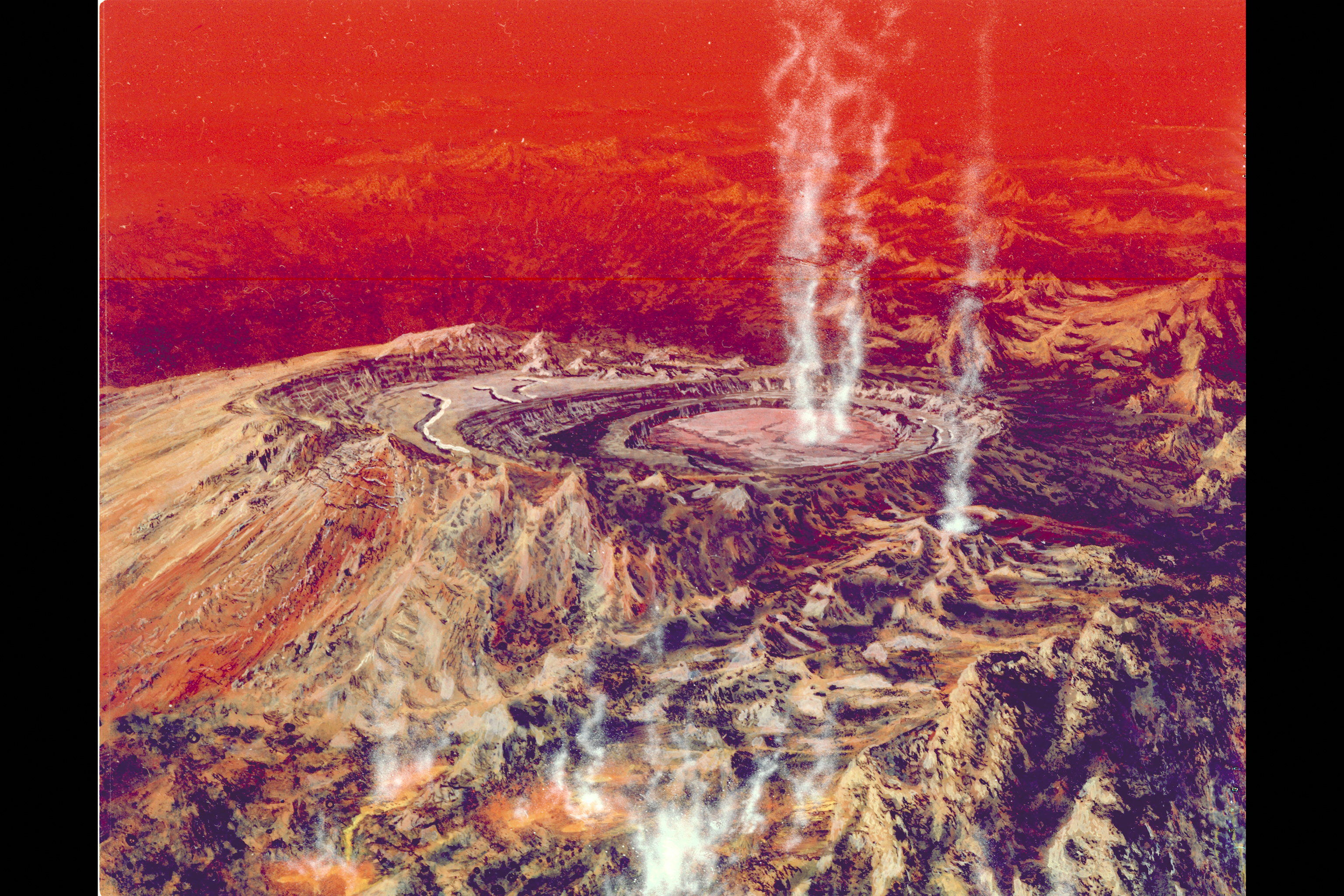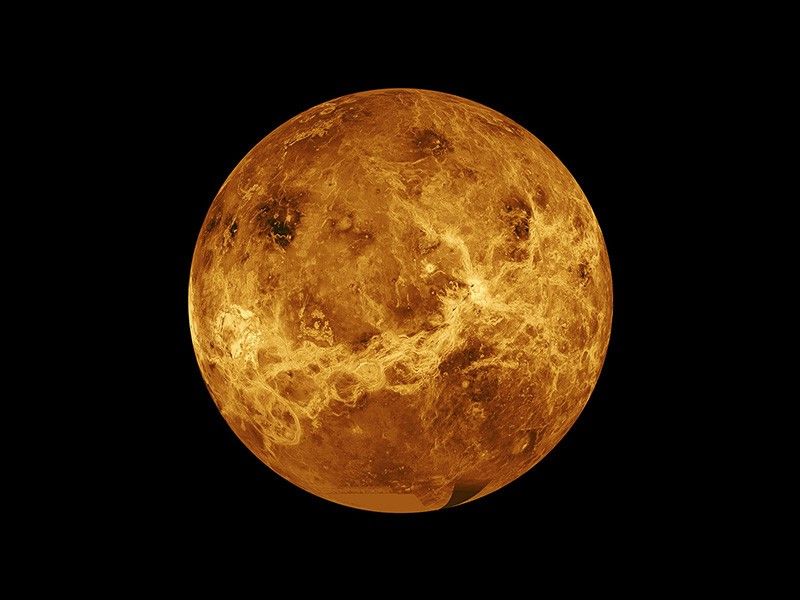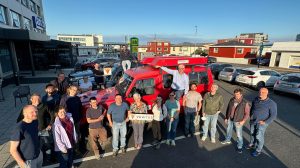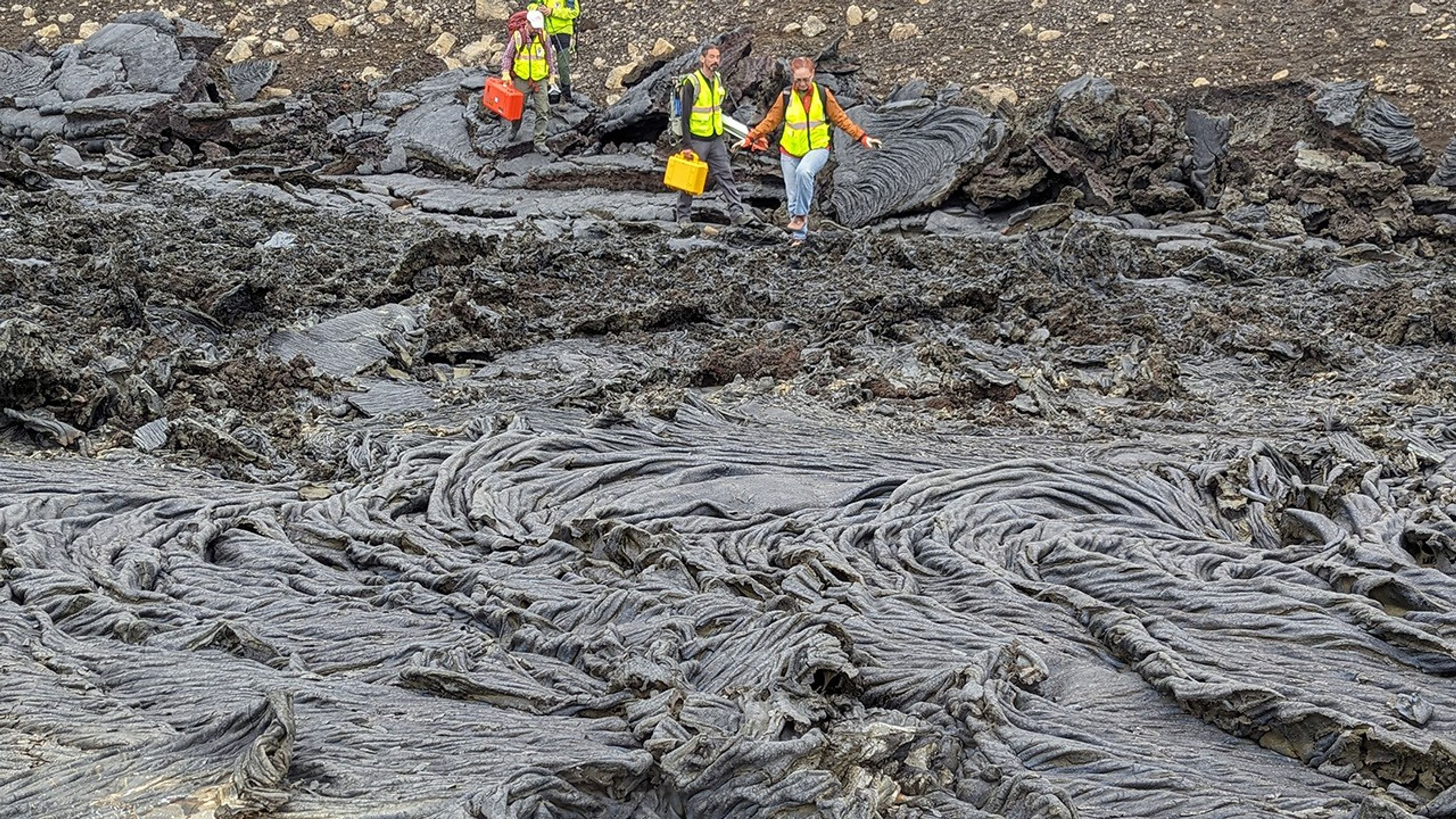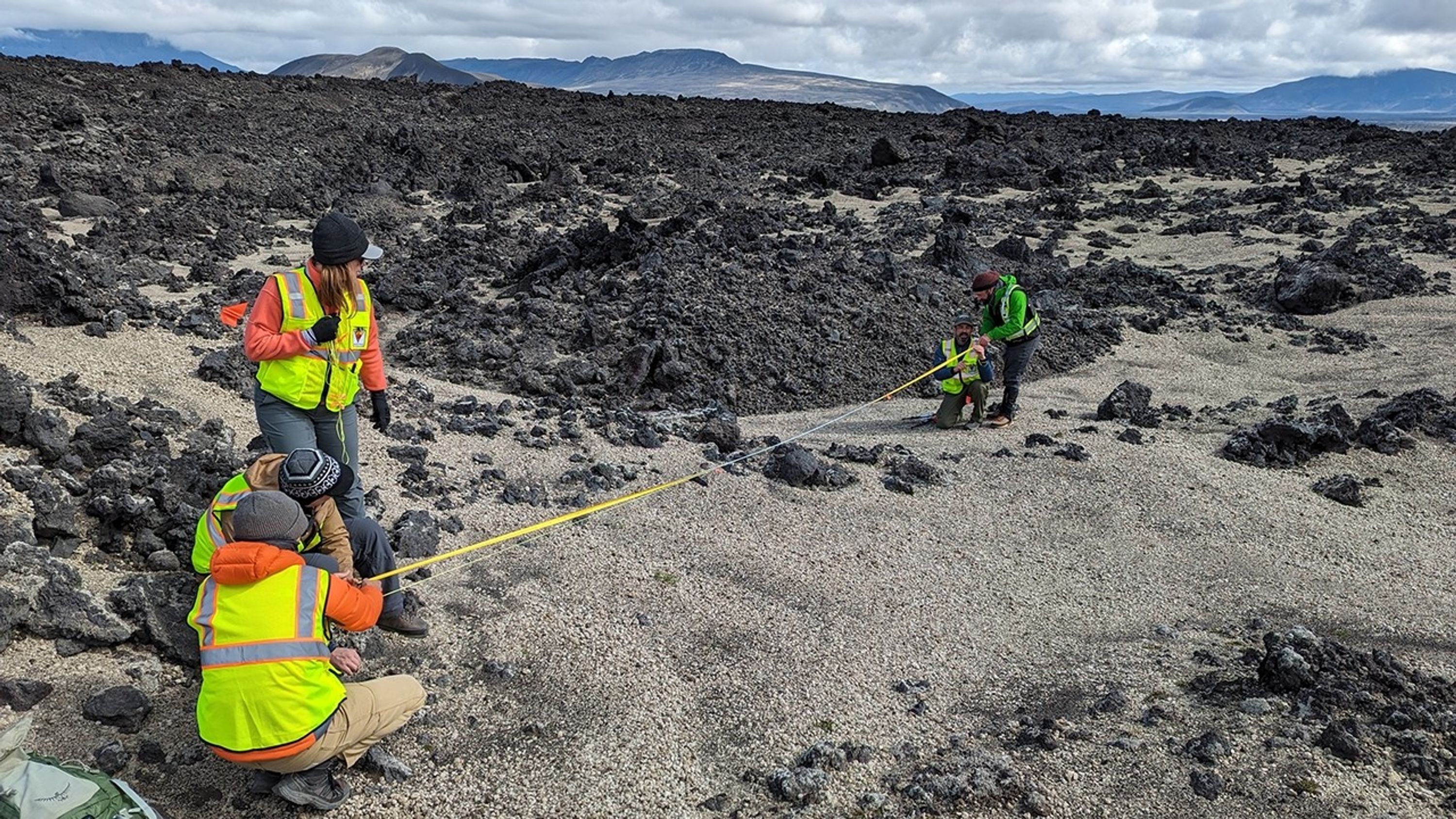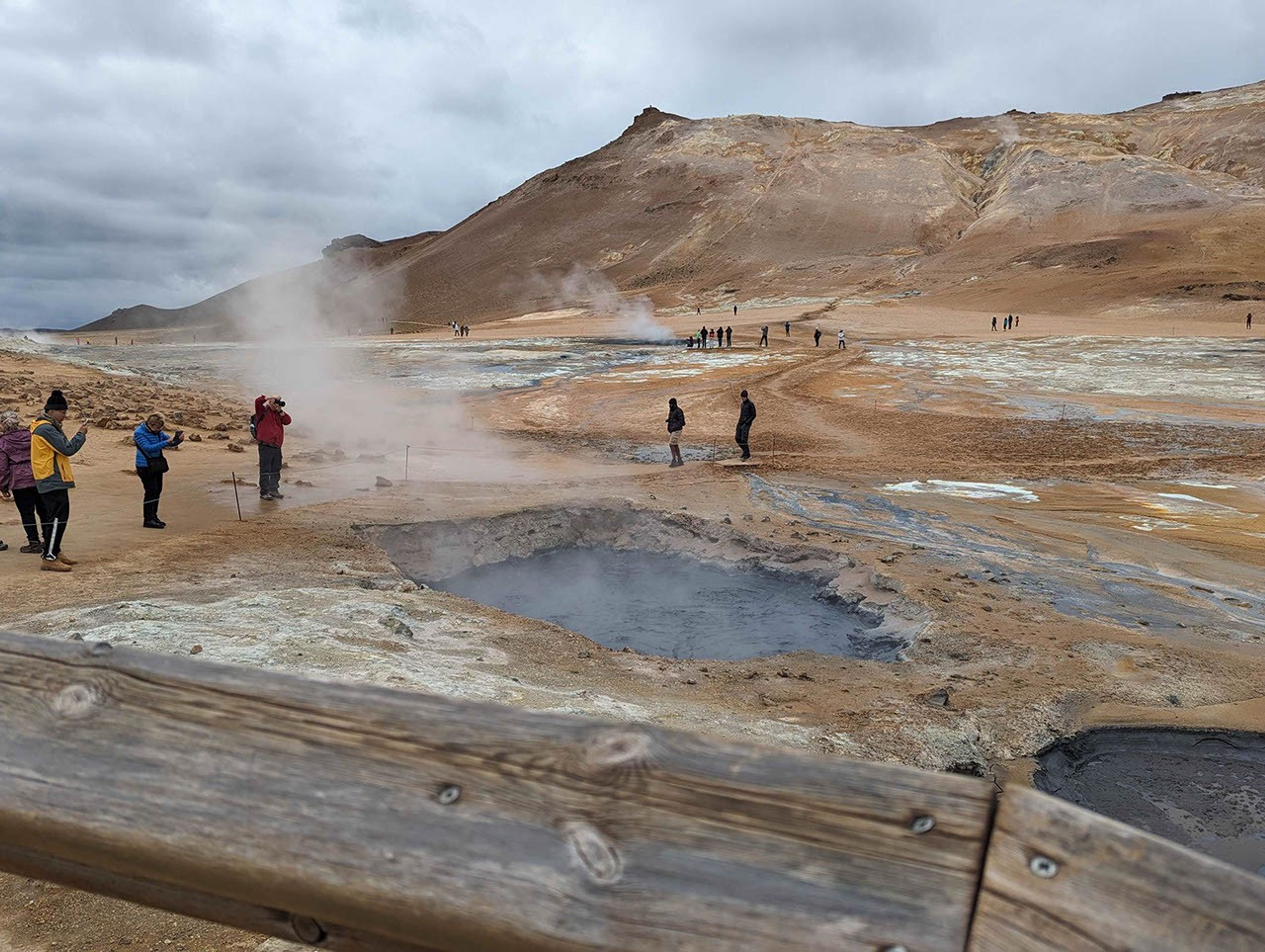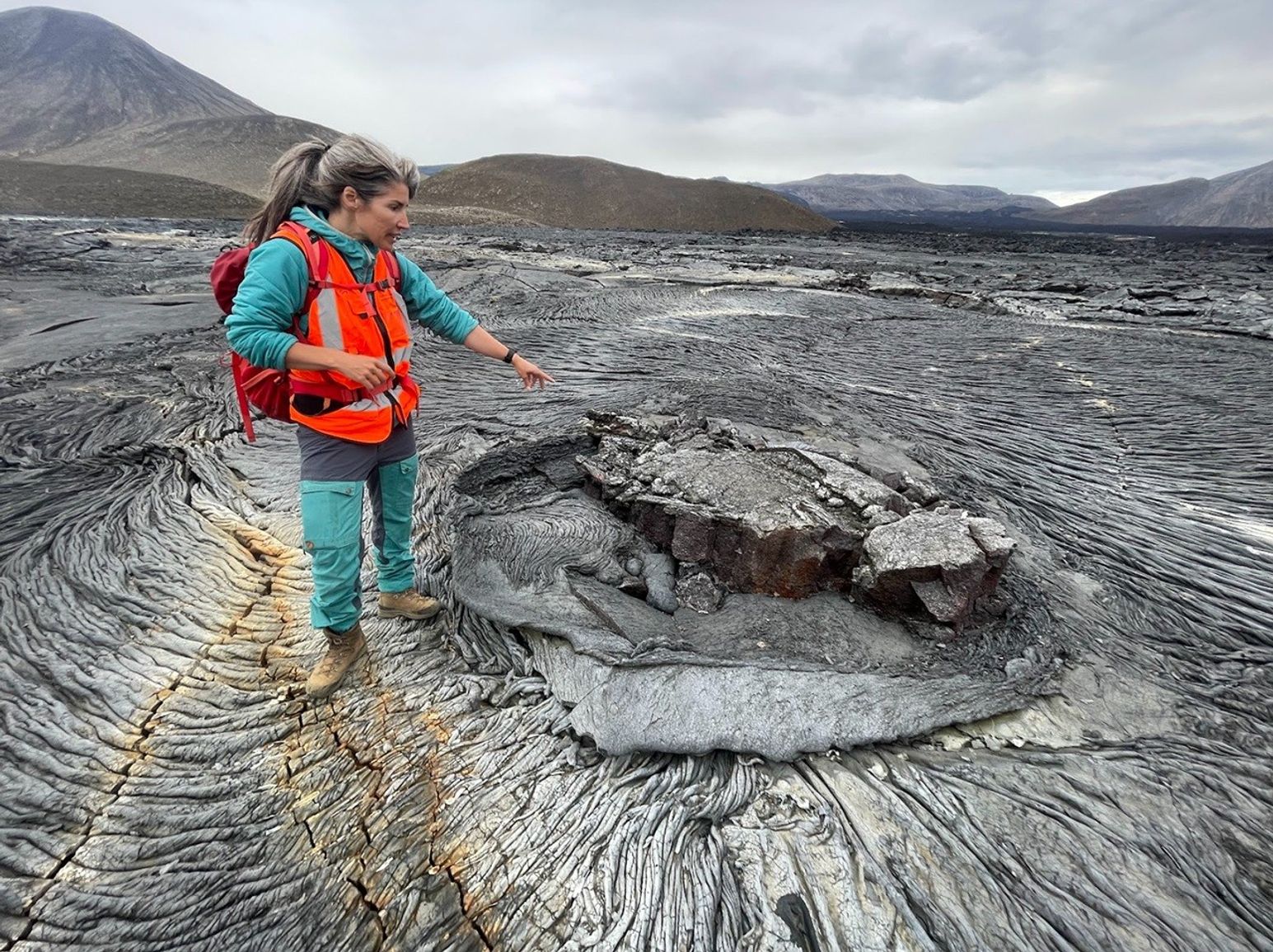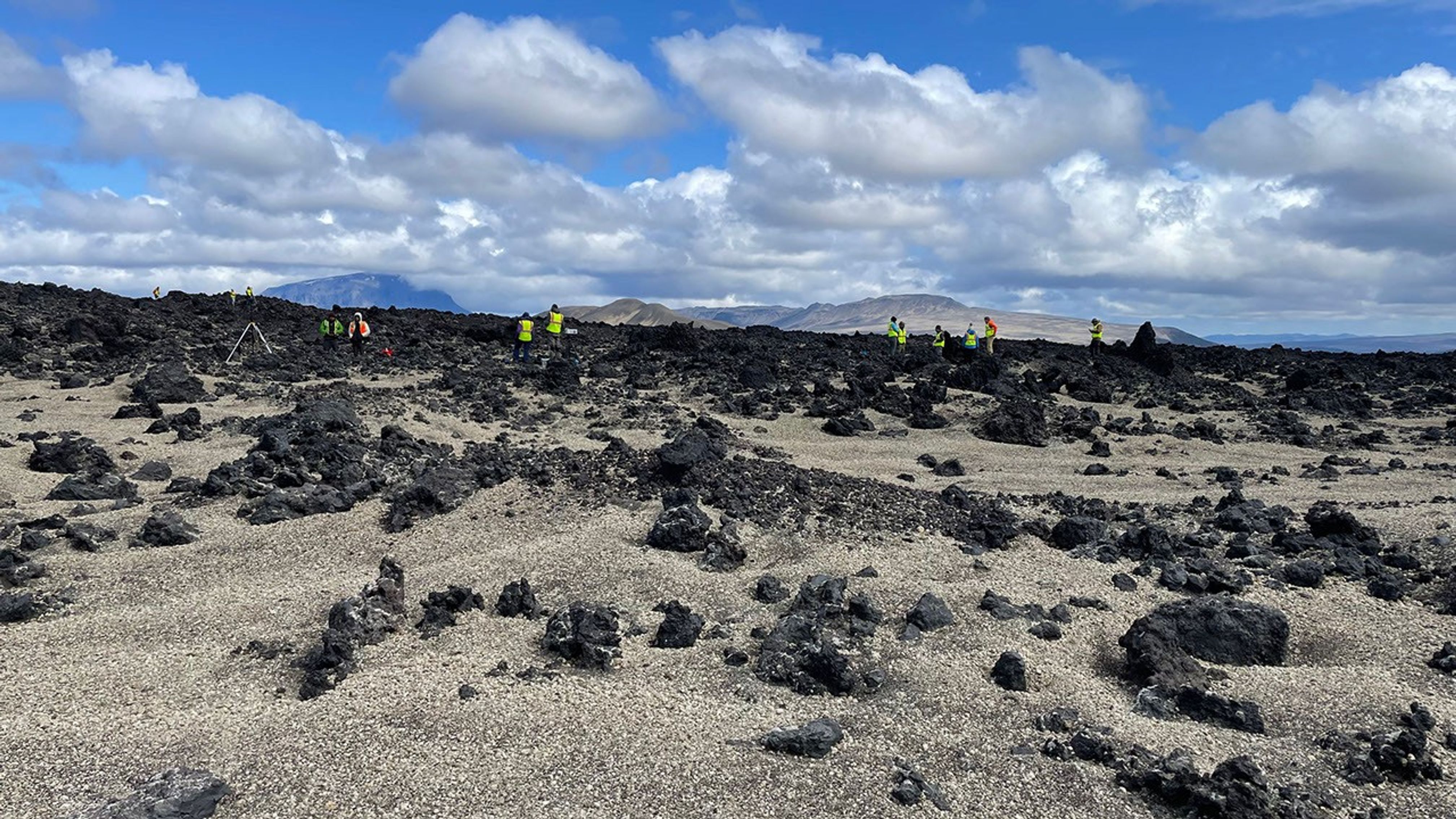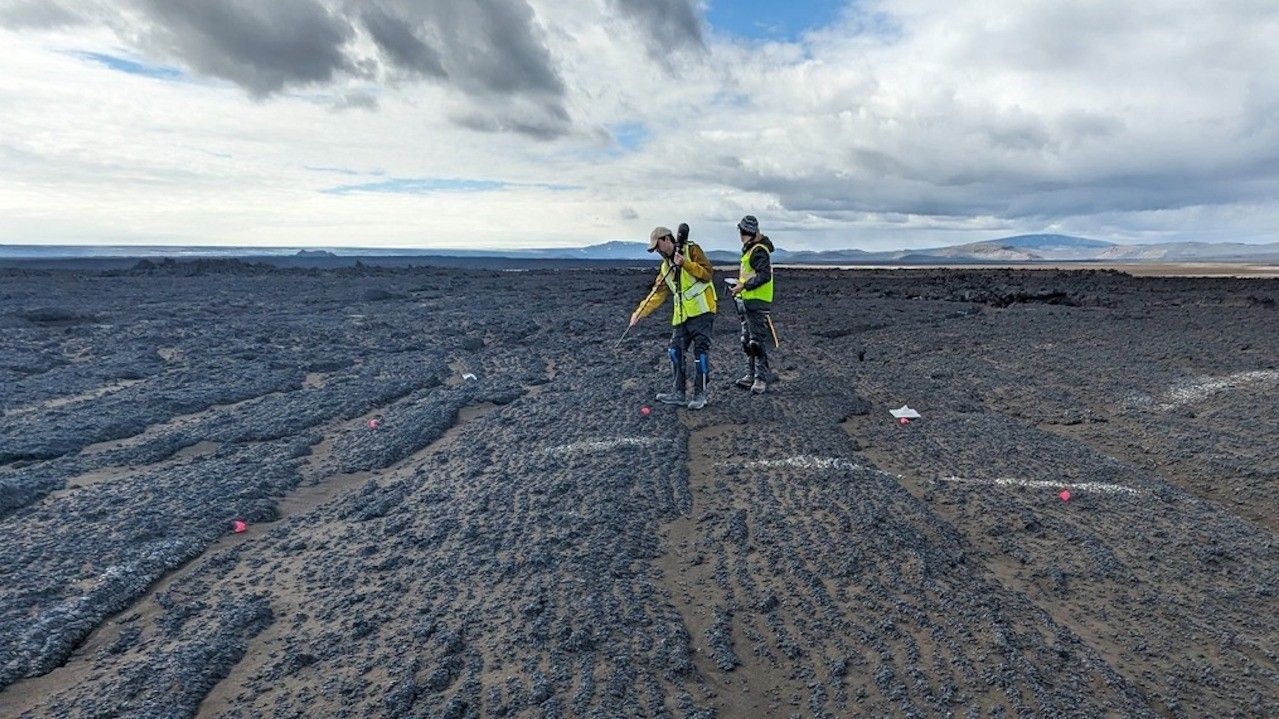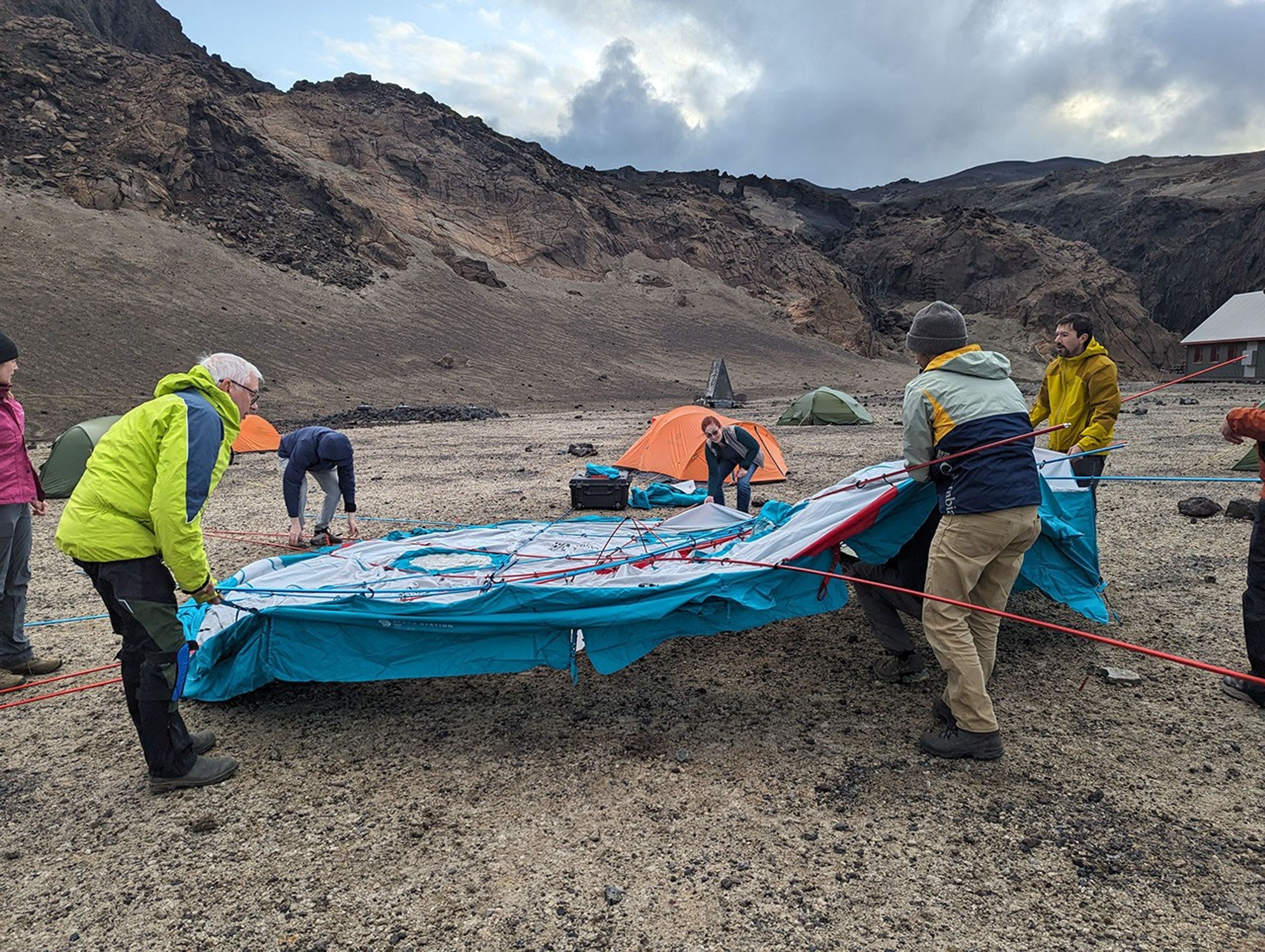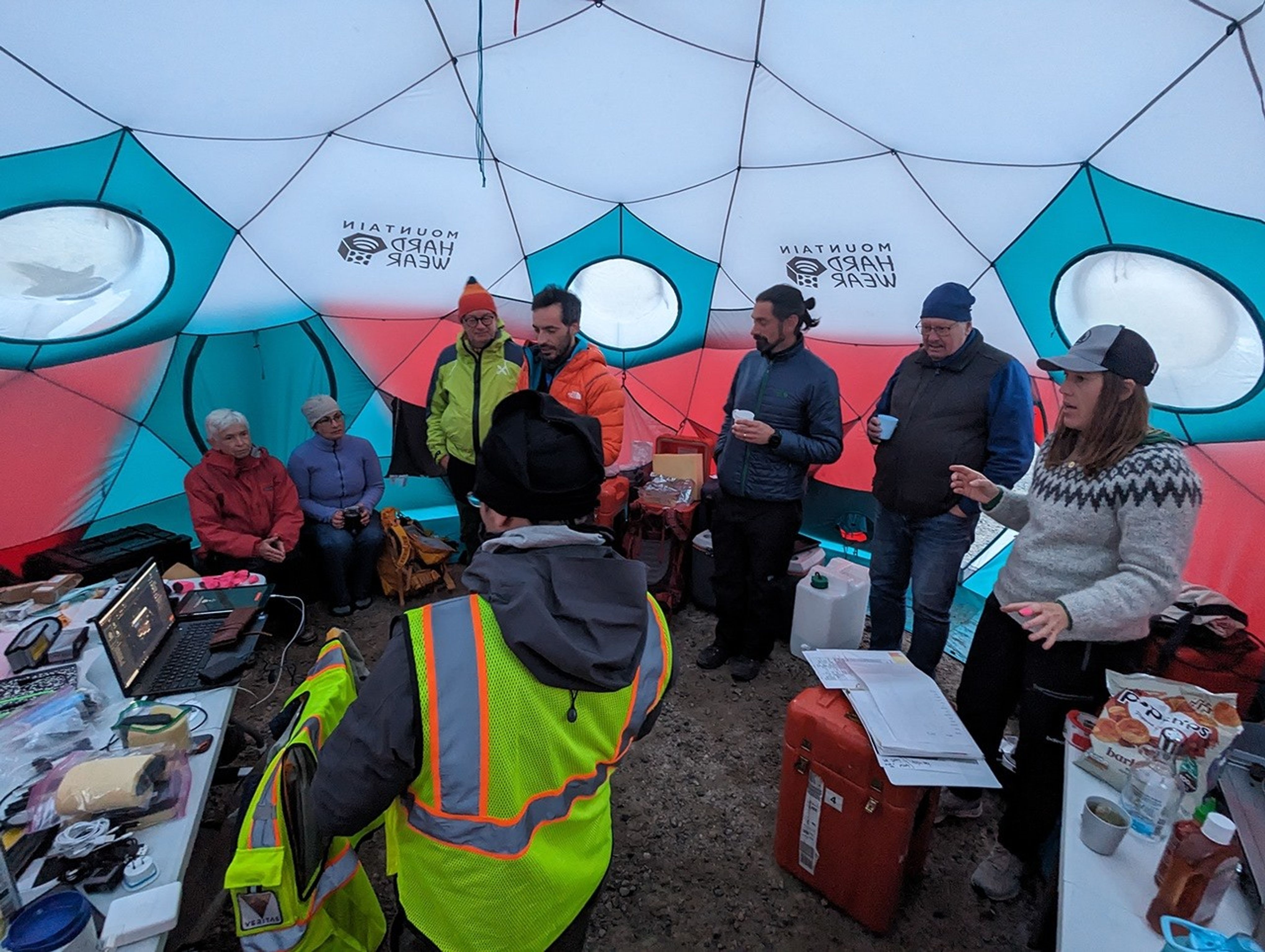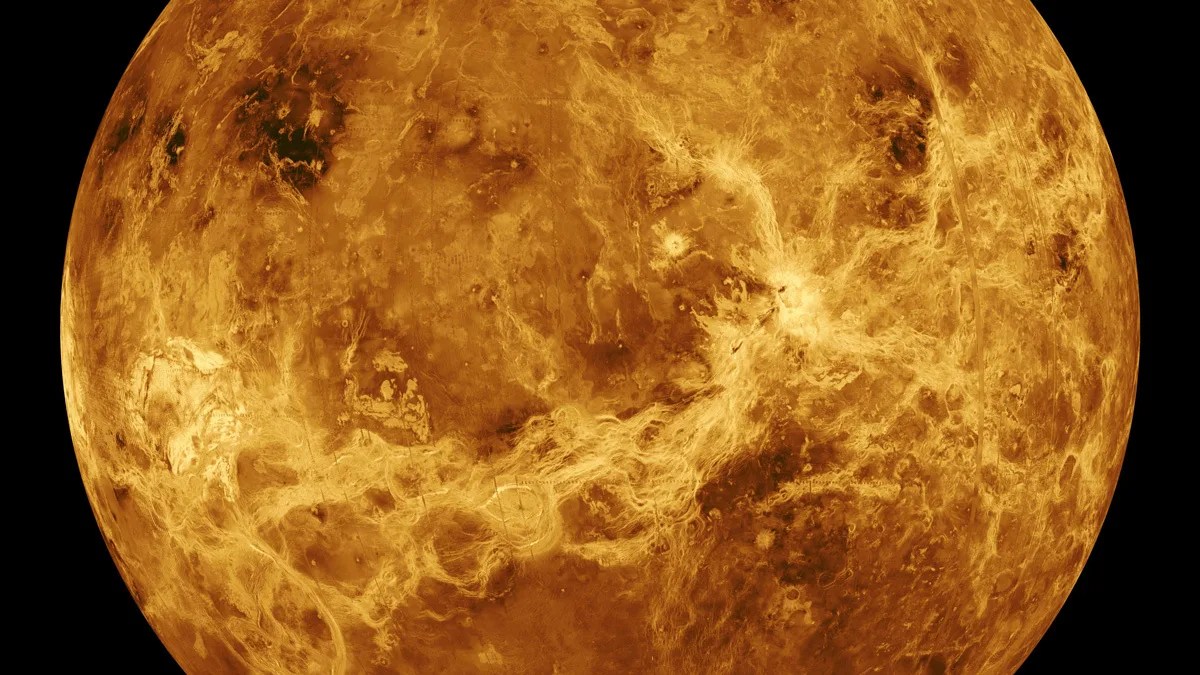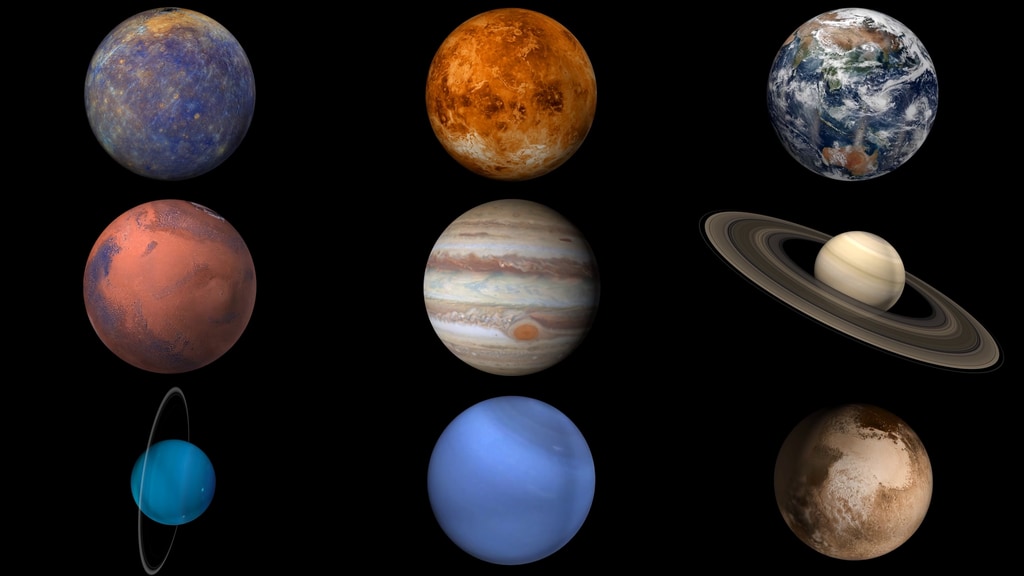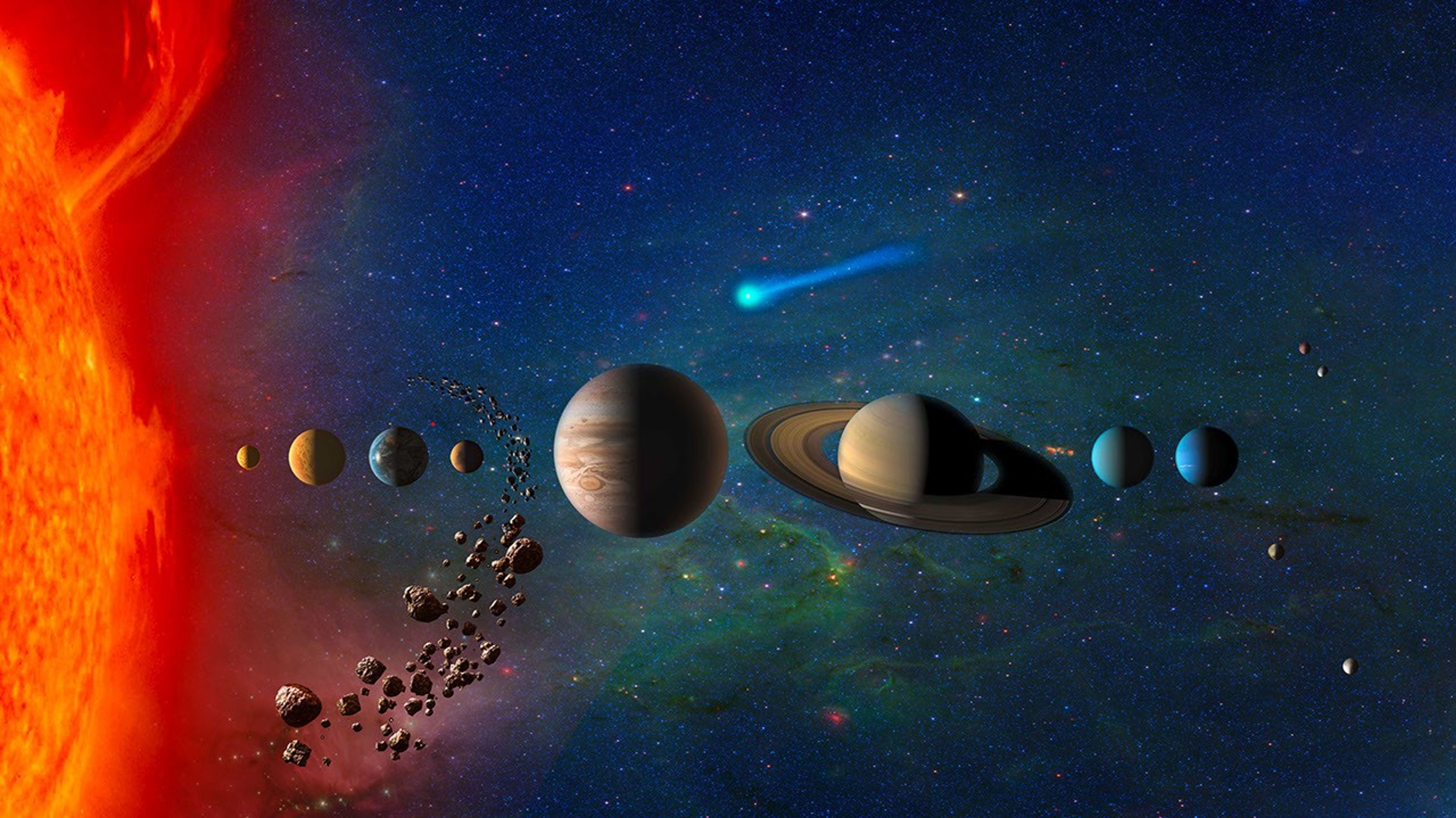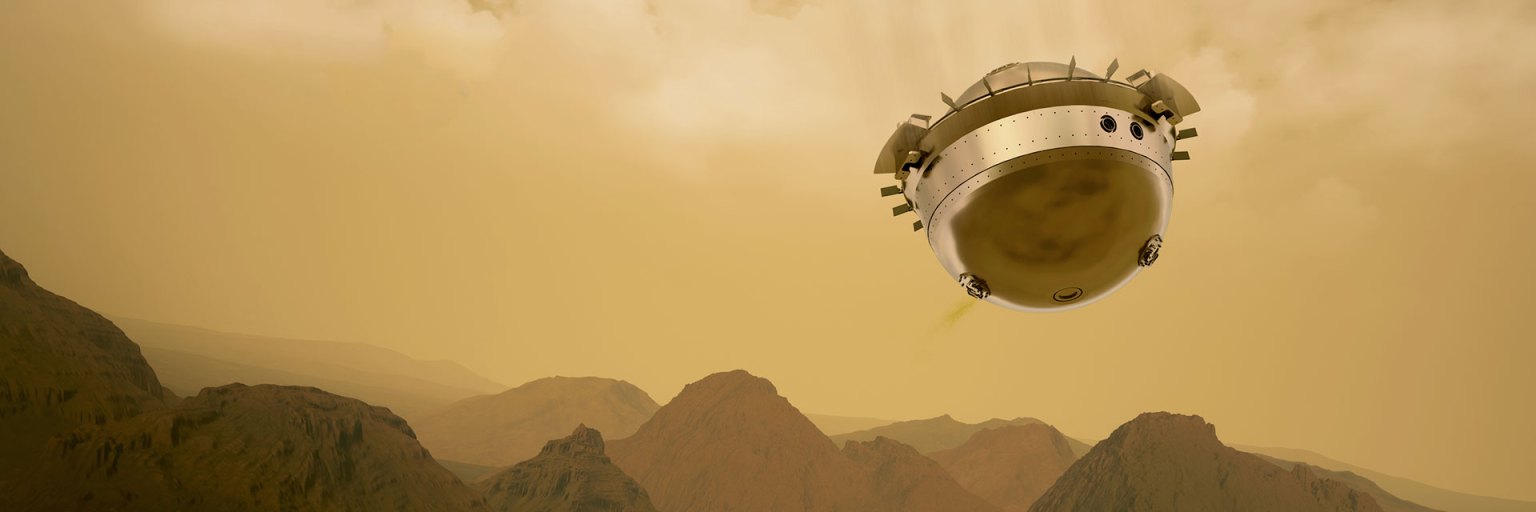VERITAS
Venus Emissivity, Radio Science, InSAR, Topography and Spectroscopy
veritas overview
veritas science
davincI mission
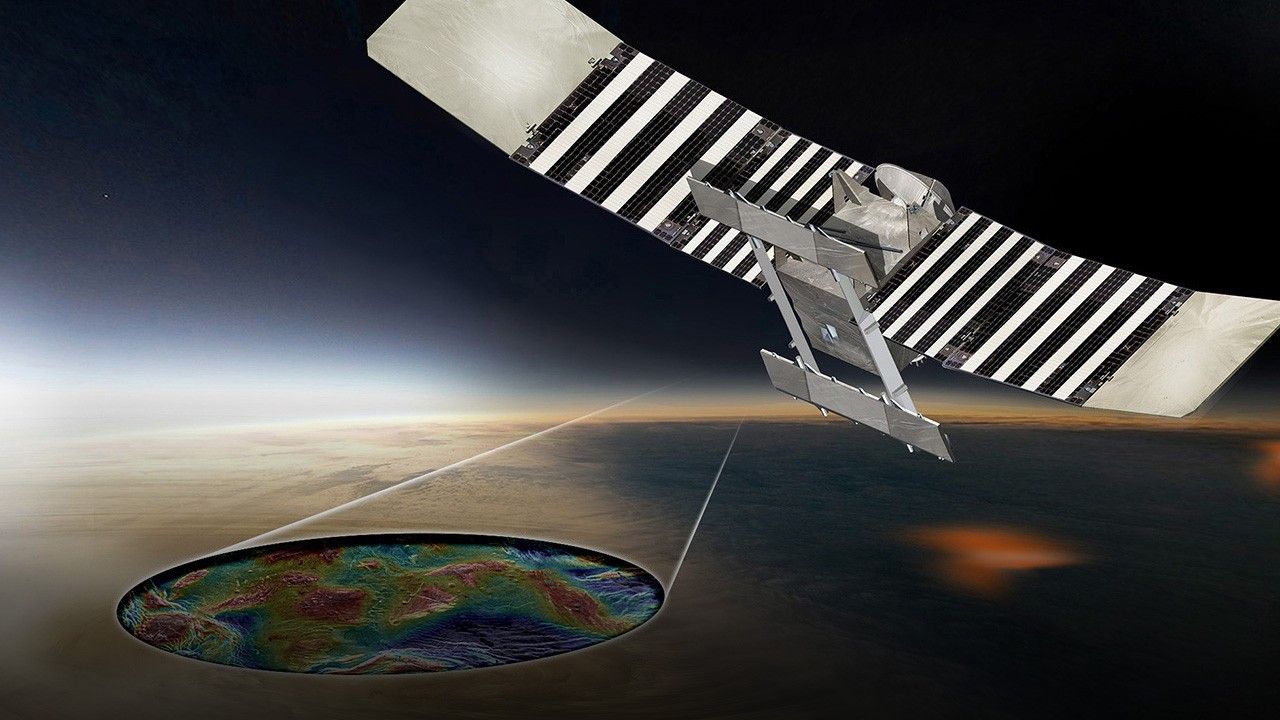
Discovering Venus on Iceland
In August 2023, 18 scientists and engineers spent 15 days in barren regions of Iceland to test how well instruments on the VERITAS spacecraft will perform when investigating the surface of Venus from orbit. This testing was a critical step in developing procedures to enhance the science output of the mission, which will provide the first new data about the planet’s surface in more than three decades.
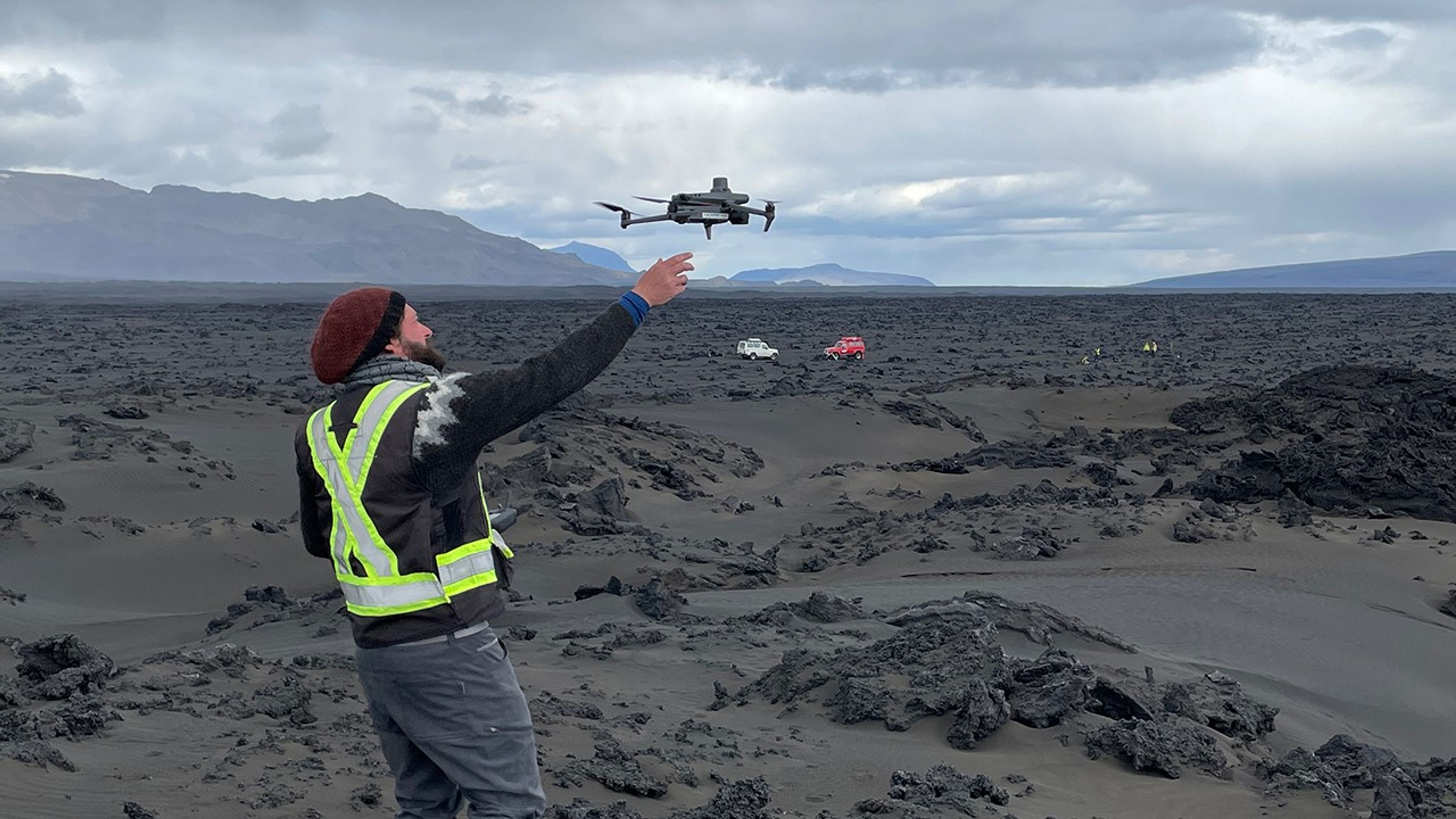
About VERITAS
VERITAS: Exploring the Deep Truths of Venus
VERITAS is an acronym for "Venus Emissivity, Radio Science, InSAR, Topography, and Spectroscopy." The word veritas means “truth” in Latin, and the mission will reveal the truth of how Venus’ and Earth’s paths diverged. Led by NASA's Jet Propulsion Laboratory, the mission will help scientists understand how Venus became an inhospitable inferno, while Earth evolved to become home to an abundance of life.
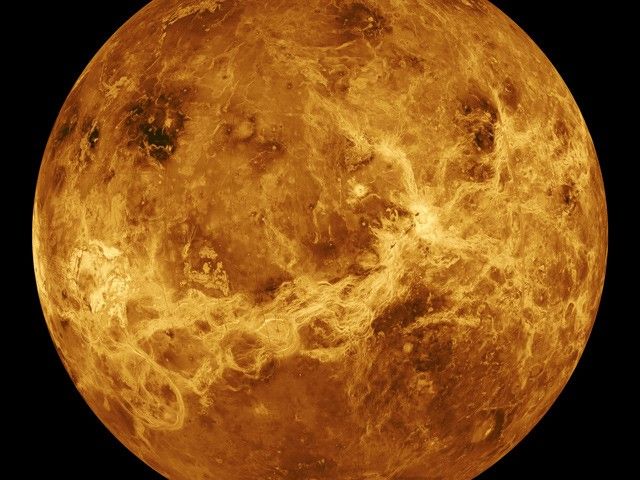
Seeking Answers
VERITAS will answer outstanding fundamental questions about the evolution of Earth's planetary twin. Does Venus have Earth-like continents that formed in the presence of water? Is its volcanism continuous, or does it come and go? Does the planet have plate tectonics? The mission will provide powerful insights about the interior of Venus that help us better understand our own planet.
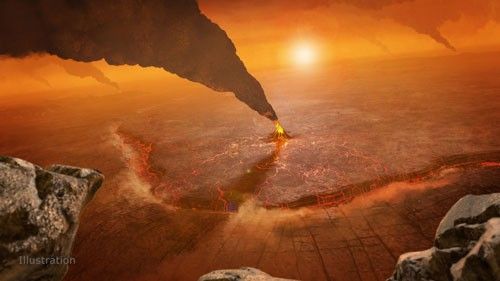
Borrowing From the Past
VERITAS is a solar-powered Venus orbiter with many similarities to NASA's MAVEN spacecraft at Mars. After arriving at Venus, the mission will use aerobraking to help slow the spacecraft and reshape its orbit. Once it completes aerobraking, VERITAS will circle the planet in a near-polar orbit, at its final science altitude of 250 miles (400 kilometers).
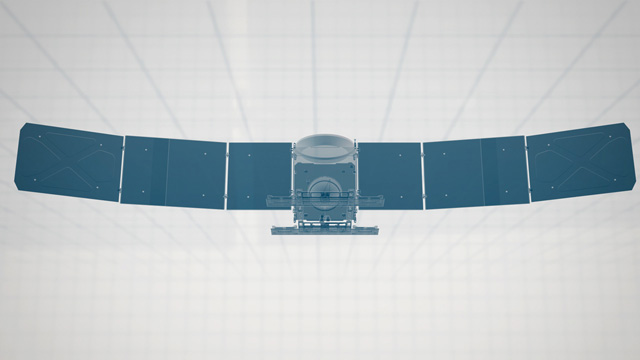
Meet the VERITAS Team
The VERITAS mission is led by Principal Investigator Sue Smrekar, and managed by NASA's Jet Propulsion Laboratory in Southern California. The national space agencies of Italy, Germany, and France are also making major contributions to enable and enhance the mission.
The VERITAS team worked together for nearly a decade prior to the mission being selected for flight by NASA, proposing it a total of three times (twice for the Discovery program, and once for the New Frontiers program). Now, as VERITAS moves forward, the international collection of experts on the science team will use opportunities throughout the mission to train the next generation of planetary science leaders.
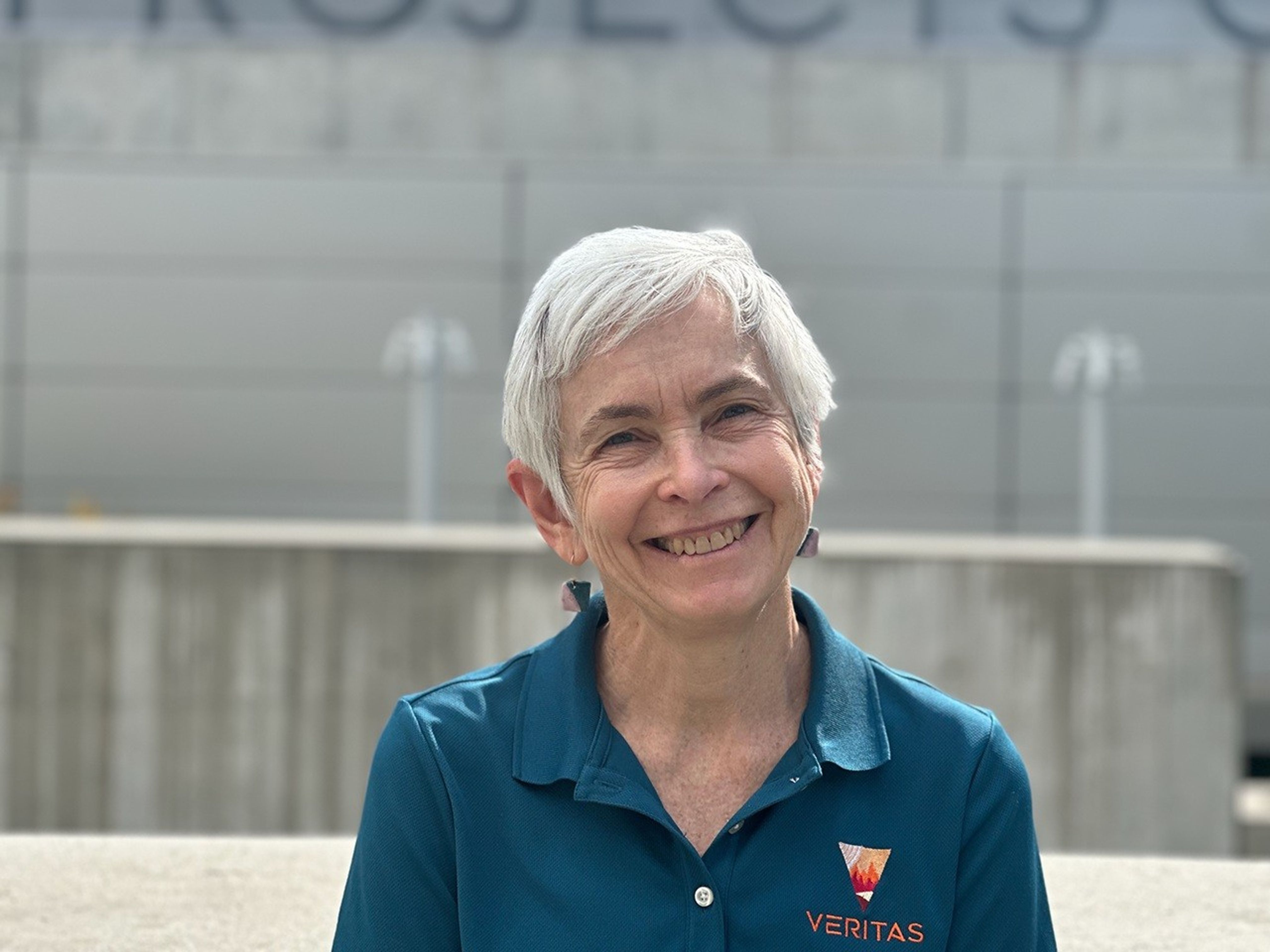
VERITAS Firsts
- Create the first global, high-resolution topographic and radar images of Venus
- Make the first maps of regions where geologic processes are actively changing the surface of Venus
- Produce the first near-global map of surface rock composition
- Make the first determination of core composition and whether it is solid or liquid

























